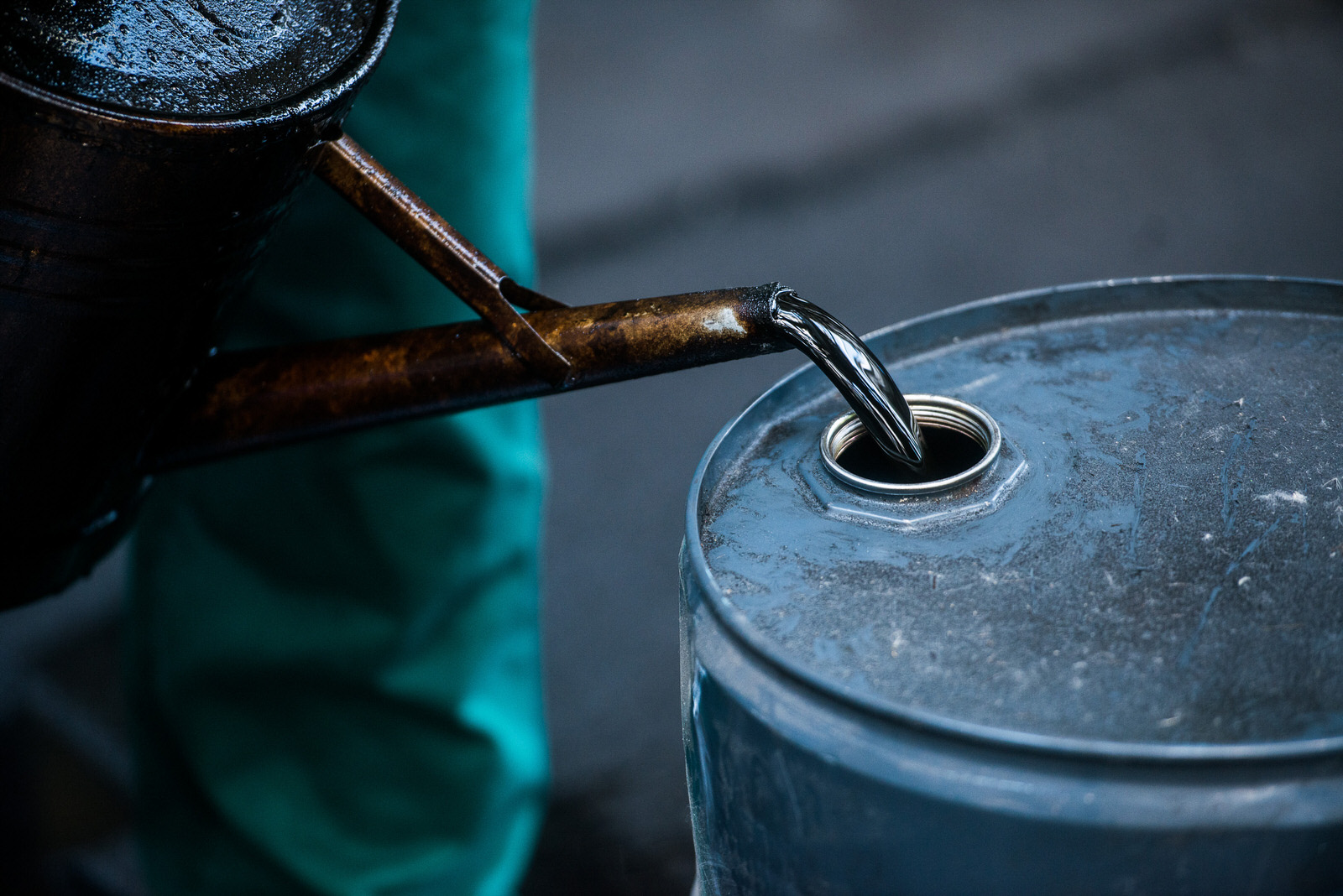- We Owe Banks $1bn, Oil Marketers Lament
Oil marketers under the aegis of the Independent Petroleum Products Importers have said they owe some Nigerian banks over $1bn used for the importation of petroleum products, with accumulated interest of N160bn.
They said the interest had accumulated because the government could not pay them or pay the banks’ interest on the loans as agreed, adding that the inability to pay or service the loans had stalled the importation of fuel.
The IPPI, in a communiqué signed by its Legal Adviser, Mr. Patrick Etim, after a meeting in Lagos, stated that some of the marketers, which included members of the Major Oil Marketers Association of Nigeria, Independent Petroleum Marketers Association of Nigeria and Depot and Petroleum Products Marketers Association, had begun to close shops due to the indebtedness.
According to the communiqué, the marketers are unable to pay because the sums they owe the banks form part of what they are in turn owed by the government.
It stated that the government’s debt arose from the petrol subsidy scheme whereby the Federal Government entered into a contract with the IPPI mandating the members to import and supply petrol to the market on condition that it would pay to the body the difference between the landing cost of and pump price as fixed by the government, provided that the landing cost was higher than the selling price.
It said, “When the selling price of petrol was increased from N97 to N145 per litre in May 2016, it was based on an exchange rate of N285/$1, resulting in a 45 per cent increase. On June 20, 2016, the naira was devalued from N285/$1 to N305/$1, which is an increase of seven per cent, but the fixed pump selling price of petrol has not been increased. This means that petrol must be subsidised.
“The banks are worried that financing new petrol imports when outstanding loans, interests and charges have not been paid will be foolish, especially when it is clear that the imports will represent an unmitigated loss to the importers based on the landing costs.”
According to the communiqué, the claims by the IPPI arose largely from the importation of petroleum cargoes authorised by President Goodluck Jonathan’s government under the subsidy scheme.
The association noted, “It is said that government is a continuum, therefore, the contracts of the President Jonathan government with the IPPI will remain binding on successive governments. There is a need for President Muhammadu Buhari’s government to keep improving governance, especially by correcting the wrongs of previous governments, and making the government responsible to its contracts and responsibilities.
“Government, through the Central Bank of Nigeria, has initiated intervention programmes for strategic sectors such as agriculture, manufacturing, petroleum products’ importation and aviation. The CBN’s intervention programmes are primarily to stimulate growth in Nigeria’s foreign exchange earning capacity, and to prevent collapse of the banking system due to the huge exposure of the banks.
“The CBN has also offered foreign exchange to the IPPI under a special window aimed at liquidating outstanding matured Letters of Credit at an exchange rate of N305/$1. However, the exchange rate of N197/$1 when the Letters of Credit were initially opened for the IPPI members and transactions concluded and the current CBN offer rate of N305/$1 is an increase of 55 per cent and a significant rate differential.”
It added, “This means that for every 15,000MT of petrol imported by the IPPIs at a rate of $500 per metric tonne and whose foreign exchange differential claims has not been paid, then it means that the cargo of 15,000MT imported at the N197/$1 rate will now be given foreign exchange at the rate of N305/$1; by implication, a cargo of 15,000MT at $500 per MT is $7,500,000 or N1,477,500,000 at N197/$1 rate, or N2,287,500,000 at N305/$1.00 rate.
“If these outstanding payments to the IPPIs are made at N305/$1, they will suffer a loss of N810,000,000 per 15,000MT cargo of petrol. Government’s delay in paying debts to the IPPIs and the difficulty they face in procuring forex at equitable rates will likely see the extinction of many of the IPPIs in 2017 thereby, creating petroleum products’ shortages and attendant insecurity.”
Meanwhile, the group financial loss of the Nigerian National Petroleum Corporation increased to N180.48bn in November 2016.
According to the latest operations and financial report of the NNPC released in Abuja on Monday, the national oil firm’s loss increased from N161.8bn in October last year to N180.48bn in November.
The latest losses were NNPC’s total deficit beginning from January 2016 up until the month under review.
The corporation also recorded a year-to-date revenue of N1.52tn as against an expense of N1.7tn.
The report indicated a trading deficit of N18.72bn by the corporation for the month of November alone.
This represents an increase of N1.87bn against the trading deficit recorded in October.
The NNPC said, “The marginal increase in the trading deficit was due to an upsurge in the Integrated Data Services Limited’s operating costs, which is attributed to the ongoing mobilisation activities in both the Benue Trough seismic data project located in Bauchi, and Party 05 in Elele, Rivers State, despite an improved revenue generation.”

 Billionaire Watch3 weeks ago
Billionaire Watch3 weeks ago
 Startups4 weeks ago
Startups4 weeks ago
 News4 weeks ago
News4 weeks ago
 News4 weeks ago
News4 weeks ago
 Bitcoin4 weeks ago
Bitcoin4 weeks ago
 Naira4 weeks ago
Naira4 weeks ago
 Forex3 weeks ago
Forex3 weeks ago
 Treasury Bills4 weeks ago
Treasury Bills4 weeks ago

























